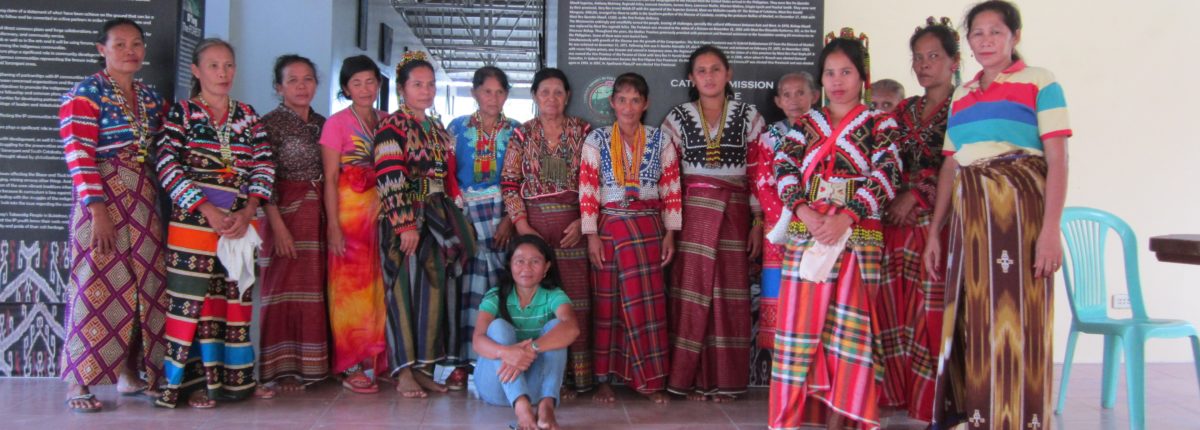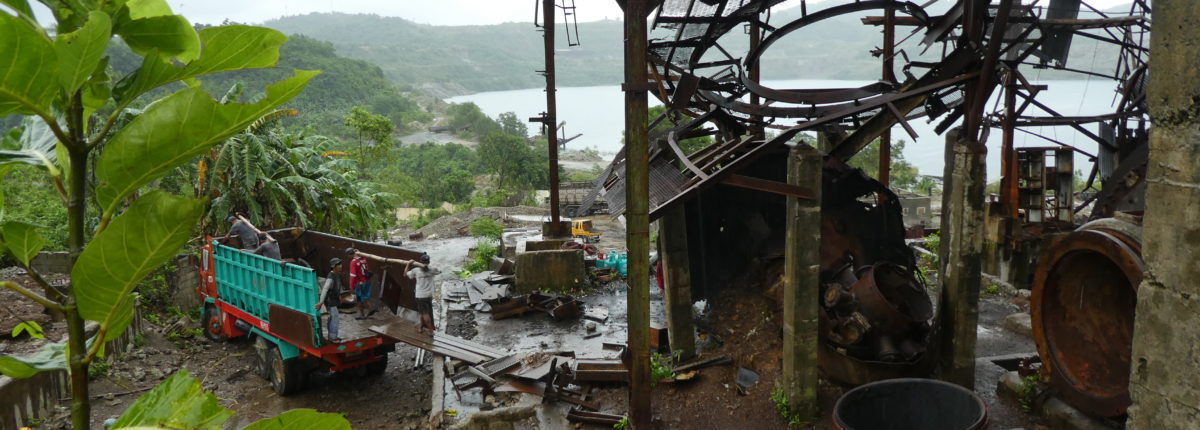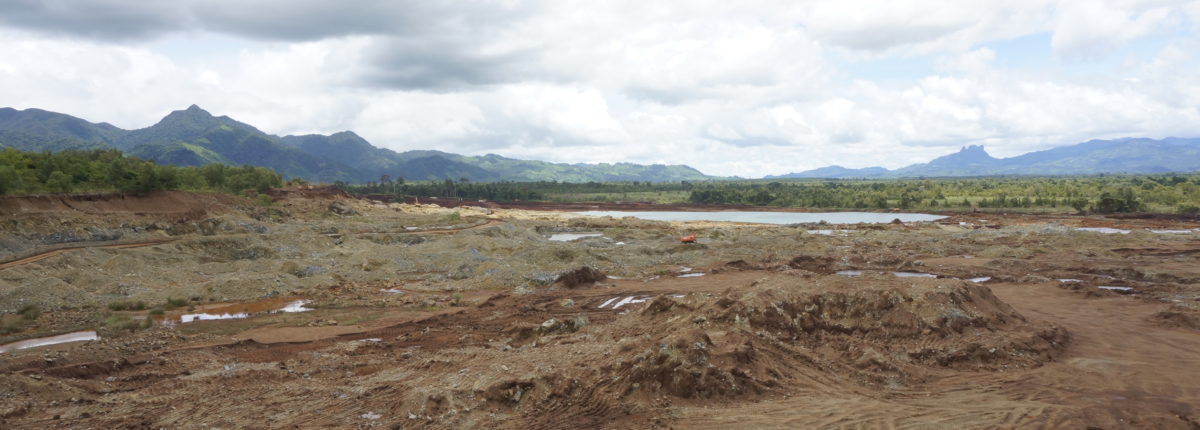“Land Grabbing” by Foreign Investors in Developing Countries: Risks and Opportunities (2009)
One of the lingering effects of the food price crisis of 2007–08 on the world food system is the proliferating acquisition of farmland in developing countries by other countries seeking to ensure their food supplies. Increased pressures on natural resources, water scarcity, export restrictions imposed by major producers when food prices were high, and growing distrust in the functioning of regional and global markets have pushed countries short in land and water to find alternative means of producing food. These…










